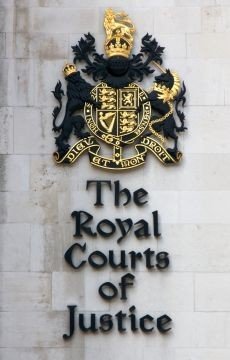Cloisters barristers seek to make new whistleblowing law for judges

Until the case of Gilham v MOJ there was no authority addressing whether judges work under contracts for whistleblowing purposes. DJ Gilham complained of whistle-blowing detriment to the ET after she made protected disclosures at Warrington county court about workplace pressures and potential courtroom dangers to civil judges in the light of Government austerity measures. So far, the ET and EAT have found that DJ Gilham cannot bring her whistleblowing claim against her purported employer, the MOJ, because she is not a “worker” for the purposes of s 230(3) Employment Rights Act 1996. The reason for their decision is that she is an office holder and does not work under a contract. On 18 October 2017, Rachel Crasnow QC and Rachel Barrett challenge that finding before the Court of Appeal. Their arguments also rely on Human Rights law and protecting the right to freedom of expression under Article 10.
Public Concern at Work (represented by Chris Milsom of Cloisters and Dan Stilitz QC) have been given permission to intervene and concur with DJ Gilham’s arguments as well as arguing that extending protection to judges is in accordance with Article 14 via the Human Rights Act 1998.
This case which will have major implications for all office holders as well as judges.
